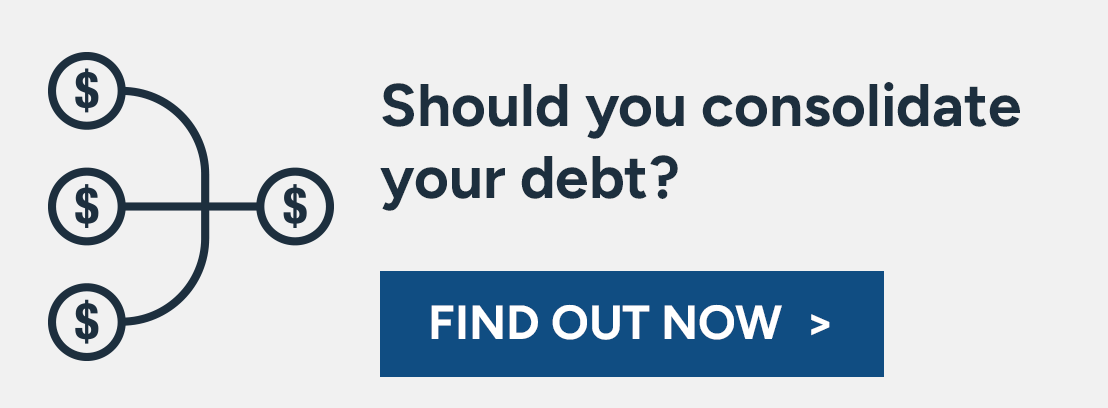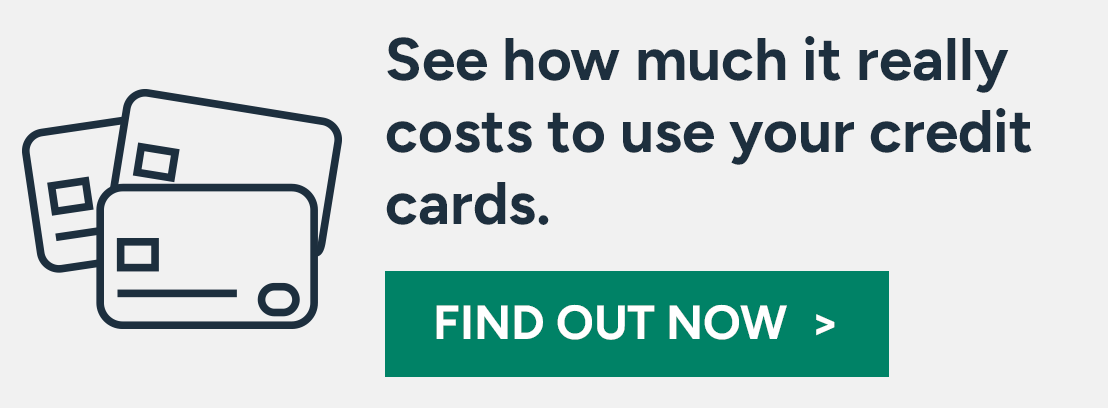 Navigating through a debt settlement journey requires prudent advice. It’s essential to understand its implications, including the potential damage to your credit score and tax consequences.
Navigating through a debt settlement journey requires prudent advice. It’s essential to understand its implications, including the potential damage to your credit score and tax consequences.
Debt Settlement Advice 101
When faced with a mounting pile of debt, it can be tempting to explore various options to ease the financial burden. One such strategy that might cross your path is debt settlement, a complex process of negotiating with your creditors to accept less than the full amount you owe. While this can sound appealing in theory, it’s crucial to understand the nuances of debt settlement and its potential repercussions before deciding. Here’s some valuable advice to consider:
- Understand the Process: Debt settlement involves negotiating with your creditors either personally or through a debt settlement company to pay a lump sum that is less than the total amount you owe. Usually, this option becomes a consideration when you’re unable to make the minimum payments on your unsecured debts like credit cards, personal loans, or medical bills.
- Know the Implications: While paying less than you owe can be appealing, remember that debt settlement can severely damage your credit score. This can make it challenging to secure loans or credit in the future. Moreover, not all creditors are willing to negotiate, and you might still end up being sued for the debt or facing accelerated collection efforts. Additionally, the IRS may consider any forgiven debt above $600 as taxable income.
- Evaluate Alternatives: Before resorting to debt settlement, investigate other alternatives. These might include credit counseling, debt management plans, or debt consolidation. If your situation is dire, you might even consider bankruptcy, which can have a similar impact on your credit score as debt settlement, but could offer a clean slate.
- Beware of Scams: Unfortunately, the financial industry isn’t immune to unscrupulous practices. Be wary of debt settlement companies that make unrealistic promises, demand upfront fees, or fail to provide a clear fee structure and timeline for the debt settlement process. Legitimate companies will be transparent about their processes, potential outcomes, and fees.
- Seek Professional Guidance: Given the complexity and potential repercussions of debt settlement, it’s highly recommended to consult with a financial advisor or a credit counselor before making a decision. They can help you understand your financial situation, evaluate your options, and choose a path that best suits your needs.
Debt settlement can seem like a beacon of hope in a sea of financial distress, but it’s important to tread carefully. By understanding the process, knowing the implications, evaluating alternatives, being cautious of scams, and seeking professional guidance, you can navigate these choppy waters with a clear vision. Always remember, it’s not about the fastest way out, it’s about finding the most sustainable and less damaging path to financial stability.
Navigating the Debt Settlement Landscape: The Importance of Professional Advice
When you’re considering a debt settlement program as a way of getting out of debt, it’s important to seek debt settlement advice from a qualified financial professional before you sign any agreements.
Debt settlement companies will often promise to help you settle your debt for pennies on the dollar. While that sounds amazing, the reality is often more difficult: at the end of the debt settlement process, you may end up just as deeply in debt, with a damaged credit rating and a pile of legal bills.
How does debt settlement affect your credit? That’s where getting debt settlement advice can help you avoid unwanted consequences. To get your creditors to consider a debt settlement offer, you must first stop paying your bills for a number of months, putting your account into delinquency and harming your credit rating. Even with the best debt settlement outcome, your negative credit history may prevent you from getting credit cards, qualifying for loans, renting an apartment or buying a home.
Debt settlement advice from a knowledgeable financial professional can help you determine whether the benefits of debt settlement outweigh the risks, and whether there are other options you can pursue to find your way out of debt.
Best Debt Settlement Advice: Consider Debt Management Alternatives.
Debt can often feel like a constant, overbearing presence. While debt settlement can seem like a quick solution, it’s not the only way, nor the most benign, to tackle your financial obligations. One such less damaging and potentially more beneficial alternative is debt management.
What is Debt Management?
A debt management plan (DMP) is a structured repayment plan typically offered by nonprofit credit counseling agencies. This approach involves creating a tailored monthly repayment plan based on your income, living expenses, and debt. Your counselor will negotiate with your creditors to lower interest rates and waive penalties, making your debt more manageable.
Advantages of Debt Management
- Structured Repayment: Unlike debt settlement, which can harm your credit score, a DMP helps establish a consistent payment pattern, which can improve your credit score over time.
- Reduced Interest Rates: One of the main attractions of a DMP is the potential for reduced interest rates. Lower interest rates mean your debt doesn’t grow as fast, making it easier to pay off.
- Single Monthly Payment: Instead of juggling multiple payments to different creditors, you make a single payment to the credit counseling agency, which then distributes the funds to your creditors. This simplifies your finances considerably.
- Professional Guidance: Through a DMP, you have access to professional financial counseling. This guidance can help you better understand your financial situation and develop good money management habits.
In Summary…
The debt settlement advice provided by our counselors can help you better understand the pros and cons of a debt settlement program, and evaluate the benefits of debt settlement vs bankruptcy. For many consumers, our debt settlement advice is to opt for a debt management plan instead.
With a debt management plan, you won’t default on your debt obligations. Instead, we’ll help you make a budget to pay down your debt as quickly as possible while still having enough money to be comfortable. We’ll help to simplify your finances by enabling you to make one payment each month to a special account, and our team will take responsibility for paying each of your creditors on time. In the process, we’ll seek reductions in interest rates, late fees, finance charges and over-limit fees, helping to reduce the amount you owe so you can pay it off more quickly.
How Can ACCC Professionals Help
American Consumer Credit Counseling (ACCC) is a nonprofit organization dedicated to helping individuals and families get out of debt and live debt-free in the future. Our professionally trained and certified counselors offer debt settlement advice to consumers as part of our free credit counseling services. When you meet with an ACCC counselor by phone or in person, we’ll help you evaluate your current financial situation and outline all the options available to you for paying down your debt. With debt settlement advice from ACCC, you can take your first steps toward getting out of debt with the knowledge that you have all the information you need to make the best decisions for your financial future.



